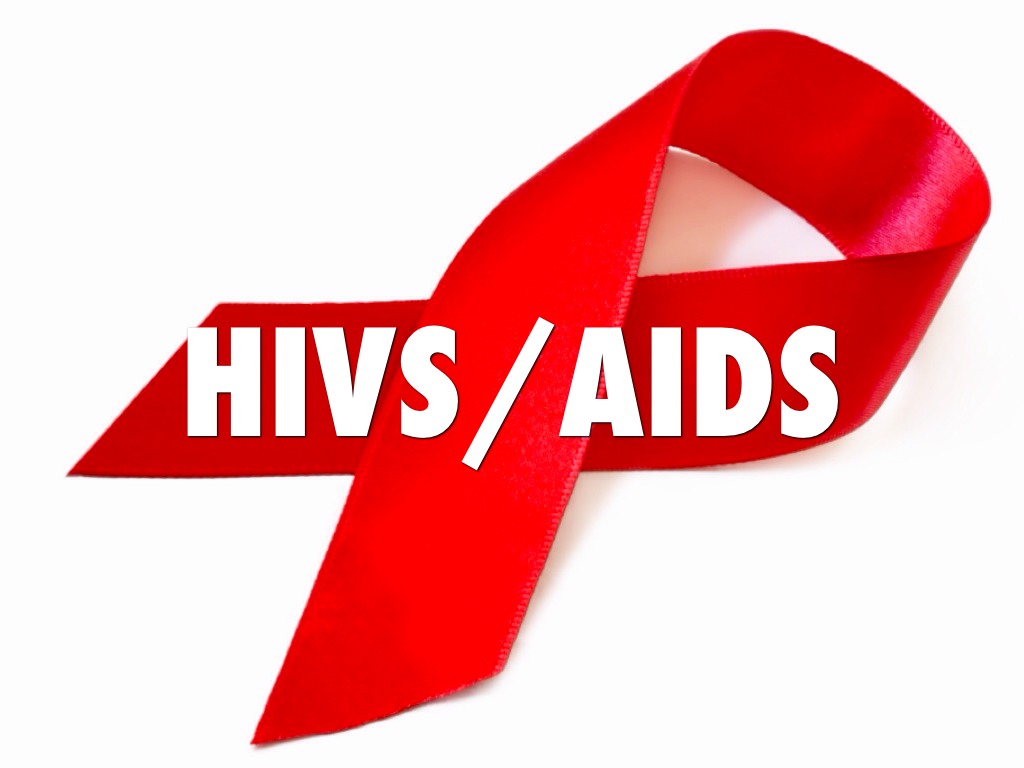By Phephile Motau
An affordable version of a ground-breaking HIV-prevention drug will be made in South Africa for the first time.
This will potentially give millions of people at risk of HIV infection in Africa access to a two-monthly jab that can almost eliminate their chances of contracting the virus.
The Guardian reports that the Indian drug company Cipla confirmed that a generic version of the prophylaxis, long-acting cabotegravir (CAB-LA), would be manufactured at its plants in Benoni, near Johannesburg, or
Durban.
Read More: External experts for HIV, TB, and PMTCT review roped in to assist Eswatini
Cabotegravir blocks HIV from entering a person’s cells. Studies have shown that it reduces to almost zero an individual’s chances of getting infected with the virus through sex. As it is easier to take regularly, CAB-LA has also been found to work better than a daily HIV-prevention pill, which is offered for free in South Africa and several other African countries.
It was reported that the confirmation follows an announcement in March that the developers of CAB-LA, ViiV Healthcare, and the UN-backed Medicines Patent Pool (MPP), had granted licences to three companies, including Cipla.
The other two companies, Aurobindo and Viatris, are also Indian corporations that are already producing antiretroviral drugs for HIV treatment.
The branded version of CAB-LA sells for about $3,500 (£2,800) for one injection in the US – a price that puts it out of reach for lower-income countries. Even at a lower, “not-for-profit” price at which the manufacturer said it would sell the medicine to 90 poorer countries, including South Africa, the brand-name version is probably too expensive for the South African government to buy.
Read More: Eswatini pledges E17.6 million for the fight against HIV/AIDS, Malaria
Last year, celebrities and leading figures in healthcare, including Winnie Byanyima, executive director of UNAids, called for ViiV to lower the price of the drug. But being granted a licence to produce a generic version of a branded medicine is only the first step.
“CAB-LA is a sterile, injectable product with a very complex manufacturing process,” Kimberly Smith, ViiV’s head of research, told Bhekisisa, a health news site, last year. For a pharmaceutical company to make a generic version of the medicine, the technology behind the manufacturing must be shared, so it could take up to five years before the product is on the market.
ViiV holds the patent for CAB-LA until 2031 in South Africa, which means that unless licences were granted for other generics, the company would have no competition for at least eight years.


